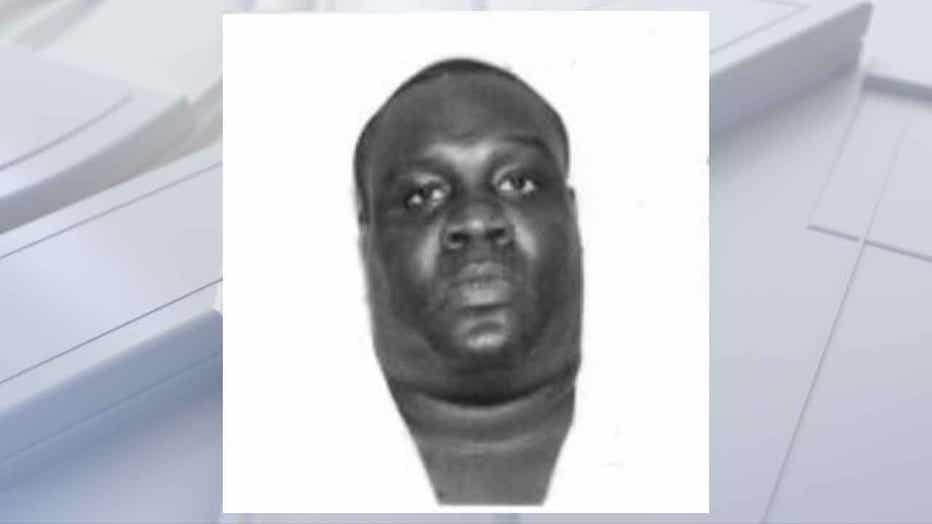Texas man executed for fatally stabbing twin teenage girls in 1989
A Texas man convicted of fatally stabbing twin 16-year-old girls more than three decades ago was executed on Tuesday evening.
Garcia Glenn White was pronounced dead at 6:56 p.m. CDT following a chemical injection at the state penitentiary in Huntsville. He was condemned for the December 1989 killings of Annette and Bernette Edwards. The bodies of the twin girls and their mother, Bonita Edwards, were found in their Houston apartment.

Garcia Glenn White
White, 61, was the sixth inmate put to death in the U.S. in the last 11 days. His execution took place shortly after the U.S. Supreme Court, without comment, declined requests to intervene.
Testimony showed that White went to the girls' Houston home to smoke crack with their mother, Bonita, who also was fatally stabbed. When the girls came out of their room to see what had happened, White attacked them. Evidence showed White broke down the locked door of the girls' bedroom. Authorities said he was later tied to the deaths of a grocery store owner and another woman.
"Garcia Glenn White committed five murders in three different transactions and two of his victims were teenage girls. This is the type of case that the death penalty was intended for," said Josh Reiss, chief of the Post-Conviction Writs Division with the Harris County District Attorney's Office in Houston, in comments ahead of the execution.
White's lawyers had unsuccessfully appealed to the U.S. Supreme Court to stop the execution after lower courts previously rejected petitions for a stay. The Texas Board of Pardons and Paroles on Friday denied White's request to commute his death sentence to a lesser penalty or to grant him a 30-day reprieve.
His lawyers argued that Texas' top criminal appeals court has refused "to accept medical evidence and strong factual backing" showing White is intellectually disabled.
The Supreme Court in 2002 barred the execution of intellectually disabled people. But it has given states some discretion in deciding how to determine such disabilities. Justices have wrestled with how much discretion to allow.
White's lawyers also accused the Texas appeals court of not allowing his defense team to present evidence that could spare him a death sentence, including DNA evidence that another man also was at the crime scene and scientific evidence that would show White was "likely suffering from a cocaine induced psychotic break during his actions."
White's lawyers also argued he is entitled to a new review of his death sentence, alleging the Texas appeals court has created a new scheme for sentencing in capital punishment cases after a recent Supreme Court ruling in another Texas death row case.
Patrick McCann, one of White's attorneys, said Tuesday that his client has spent his entire time in prison "working to be a better human being."
Attorneys with the Office of Federal Public Defenders for the Western District of Texas also had filed a petition with the Supreme Court asking for a stay and alleging that White was being penalized because McCann had not previously filed a timely appeal over the intellectual disability issue. McCann said he was focused on doing the "best work" he could for White and was "not going to waste what little time I have fighting with other lawyers."
In a filing to the Supreme Court, the Texas Attorney General's Office said White had not presented evidence to support his claim of an intellectual disability. It also said his claims of evidence of another person at the crime scene and that cocaine use affected his actions had previously been rejected by the courts.
The deaths of the twin girls and their mother went unsolved for about six years until White confessed to the killings after he was arrested in connection with the July 1995 death of grocery store owner Hai Van Pham, who was fatally beaten during a robbery at his business. Police said White also confessed to fatally beating another woman, Greta Williams, in 1989.

